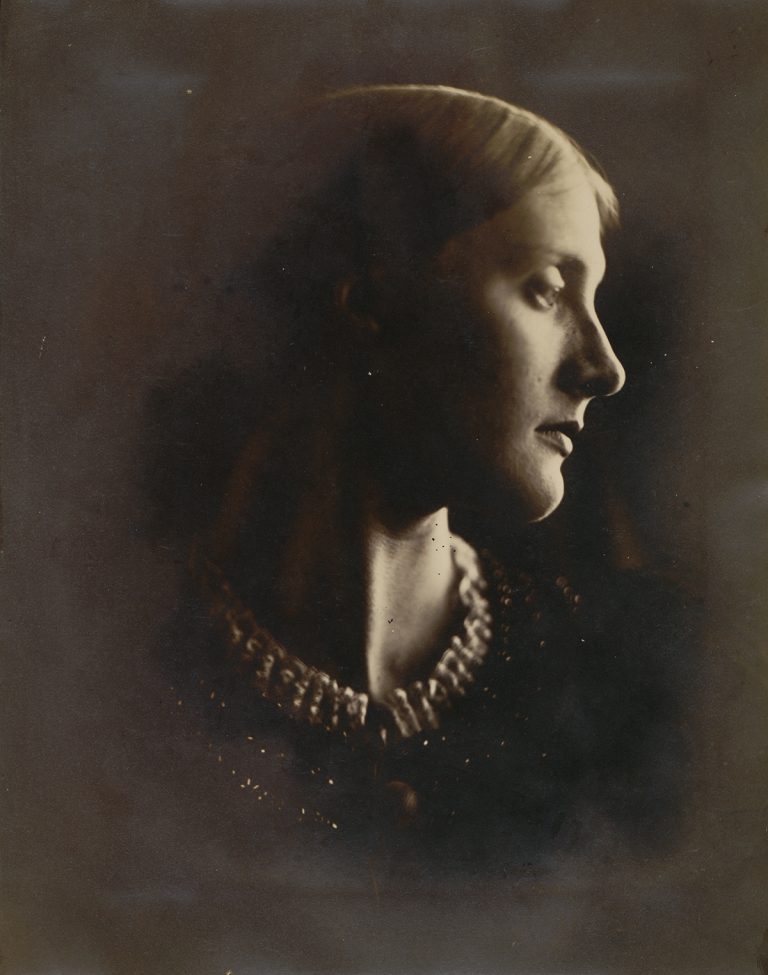Quentin Bell’s biography of Virginia Woolf begins with a famous sentence: “Virginia Woolf was a Miss Stephen.” Her father, Sir Leslie Stephen, was an eminent critic and editor of the Dictionary of National Biography; his first wife was W. M. Thackeray’s daughter Minny. The second Mrs. Stephen, Woolf’s mother, was… read more


